Ozzy Osbourne stance on Israel became a defining aspect of his later legacy when the legendary Black Sabbath frontman died at age 76 in 2025. Despite battling Parkinson’s disease since 2020 and canceling numerous tour dates due to declining health, Osbourne remained politically active until his final days. Notably, the “Prince of Darkness” performed twice in Israel—first at Ozzfest in Tel Aviv in 2010 and later during his “No More Tours 2” farewell tour in Rishon Lezion in 2018.
Following his death, Osbourne’s political controversies gained renewed attention, particularly his support for Israel that extended beyond his concert appearances. In March 2025, he and his wife, Sharon, joined over 200 public figures in signing a highly publicized letter calling for an inquiry into a BBC Gaza documentary. The letter specifically alleged “systemic bias against Israel” at the broadcaster, referencing the film’s use of a child narrator with family links to Hamas. This action occurred against the backdrop of the Gaza conflict, which had drawn increasing international scrutiny during its 21-month duration. After Osbourne’s passing, Israeli media praised him as a steadfast ally who “stood on the right side of history,” while some leftist voices online attempted to posthumously criticize him for performing in Israel and breaking boycott efforts.
Ozzy Osbourne Stance on Israel
Throughout his later career, Ozzy Osbourne remained steadfast in his connection with Israel, even as other artists faced pressure to boycott the country. His actions often spoke louder than words, establishing him as a figure who refused to bow to political pressure in the entertainment industry.
Performances in Israel: 2010 and 2018
Osbourne’s relationship with Israeli audiences began in earnest with his 2010 Ozzfest performance in Tel Aviv. The concert attracted thousands of metal enthusiasts from across the country, cementing his popularity in the region. Rather than being a one-time visit, Osbourne returned to Israel eight years later as part of his “No More Tours 2” farewell tour, performing at the Live Park Amphitheater in Rishon Lezion. Both performances occurred despite calls from various activist groups for musicians to join cultural boycotts against Israel.
Statements distancing themselves from politics
Although Osbourne maintained his support for Israel through his actions, he generally avoided making explicit political statements throughout most of his career. The rocker often positioned himself as an entertainer first and foremost, preferring to let his music speak rather than engage in political discourse. This approach allowed him to navigate controversial territories while maintaining his broad appeal. Nevertheless, his decision to perform in Israel twice spoke volumes about his stance, especially considering the pressure many artists face to cancel such appearances.
Signing the BBC Gaza documentary letter
In his final months, Osbourne abandoned his typically apolitical stance when he joined over 200 public figures in signing a letter demanding an investigation into a BBC Gaza documentary. The March 2025 letter specifically targeted what signatories described as “systemic bias against Israel” in the broadcaster’s coverage. The documentary in question drew particular criticism for featuring a child narrator with family connections to Hamas. This marked one of Osbourne’s most direct political actions, occurring against the backdrop of the ongoing Gaza conflict that had intensified international debate. The letter represented a clear departure from his previous reluctance to make explicit political statements, suggesting a deepening of his convictions as his life drew to a close.
The Role of Sharon Osbourne and Family Ties
Behind Ozzy Osbourne’s support for Israel stood his wife Sharon, whose influence shaped much of the rocker’s political positions in his later years.
Sharon’s Jewish heritage and influence
Sharon Osbourne’s Jewish identity stems from her father, Don Arden (born Harry Levy), who was of Ashkenazi Jewish descent. In interviews, Sharon has consistently emphasized her connection to Judaism: “We were brought up in basically a Jewish household. Judaism is the only religion I have, and the only one with which I feel comfortable”. This heritage became a cornerstone of the Osbourne household, even as Sharon described herself as “half a Heeb”.
The family’s vocal stance against antisemitism
The family’s stance on antisemitism hardened amid global tensions. Sharon expressed concern about rising antisemitism, stating: “Antisemitism is like a virus. People who hate Jews think Israel’s war against Hamas gives them a legit reason to have a go at Jews now”. According to Sharon, Ozzy himself was bewildered by hatred toward Jewish people, often asking her to explain “why there is so much hatred of Jews”.
Refusal to associate with Ye over antisemitic remarks
Their principles translated into action in February 2024 when Ozzy publicly refused Ye (formerly Kanye West) permission to sample his music. “REFUSED PERMISSION BECAUSE HE IS AN ANTISEMITE AND HAS CAUSED UNTOLD HEARTACHE TO MANY,” Ozzy wrote. Sharon added forcefully, “Kanye f—ked with the wrong Jew this time”.
Ozzy Osbourne Political Controversies and Backlash
Ozzy Osbourne’s support for Israel triggered significant backlash throughout his final years, creating divisions among fans and fellow artists alike.
Social media criticism and ‘Zionist’ label
Following his death in 2025, numerous social media users attempted to posthumously criticize Osbourne for his stance on Israel. One viral post garnered over 95,000 likes by labeling him a “supporter of Zionism”. Others called him a “rabid zionist” and claimed his pro-Israel position left a “stain on his legacy”. These criticisms intensified after he signed the BBC letter, with some advocacy groups asserting that the Osbournes were “shielding Israel from criticism” and helping reinforce “a pro-Israel media narrative”.
Fan reactions at farewell concert
The political divisions became evident at Osbourne’s farewell concert when guest performer David Draiman faced hostile reception. The Disturbed frontman was jeered by sections of the crowd, with some audience members raising middle fingers. Draiman later addressed the incident on social media: “Yes, there were a few boos when I walked out, but I came to pay homage to my teachers”. Furthermore, he attributed the reaction to antisemitism, though critics countered that the hostility stemmed from his political actions, including signing Israeli artillery shells.
Criticism from activist groups and artists
Progressive activist circles linked the Osbournes’ advocacy to Creative Community For Peace (CCFP), which some critics described as “a lobbying front connected to Israeli government interests”. Additionally, controversy peaked in April 2025 when Sharon Osbourne publicly called for the denial of U.S. visas to Irish hip-hop group Kneecap after their pro-Palestinian performance at Coachella. She condemned their statements as “hate speech,” whereas critics accused the Osbournes of attempting to silence legitimate political expression.
Hollywood Lobby Influence and Media Narratives
“Ozzy wasn’t one to shy away from speaking out against antisemitism. He condemned the lies spread about Israel and stood firm in his support, even when it was unpopular.” — HonestReporting Editorial, Media watchdog organization focused on anti-Israel bias
The entertainment industry’s powerful pro-Israel advocacy groups played a crucial role in framing Ozzy Osbourne stance on Israel within broader cultural narratives.
Connection to Creative Community For Peace
Creative Community for Peace (CCFP), a nonprofit organization advocating for Israel in the entertainment industry, embraced Osbourne as “not only a pioneer in metal, but also a steadfast supporter of Israel and the Jewish people”. In their memorial statement, CCFP highlighted how “throughout difficult times, the Osbourne family has stood proudly with the Jewish people and showed unwavering solidarity”. This connection gained significance in light of CCFP’s broader influence—the organization previously coordinated an open letter signed by over 700 celebrities and entertainment executives condemning Hamas and supporting Israel.
Allegations of suppressing pro-Palestinian voices
Alongside CCFP’s advocacy, critics alleged systematic suppression of pro-Palestinian perspectives across Hollywood. Indeed, multiple industry professionals reported being “fired, harassed, doxxed, and threatened with blacklisting for speaking out on behalf of Palestinians”. This pattern extended beyond the Osbournes, with actor Melissa Barrera fired from “Scream VII” after criticizing Israel’s actions in Gaza. Similarly, Susan Sarandon was dropped by United Talent Agency after comments at a pro-Palestinian rally.
Media portrayal and legacy framing
Following Osbourne’s death, Israeli media outlets consistently framed him as “a steadfast ally who stood on the right side of history”. The narrative positioned him as someone who “wasn’t afraid to stand up for what was right—no matter the backlash”. Meanwhile, some critics argued the Osbournes had become “willing participants in propaganda campaigns to protect Israel’s international image”. This polarized framing mirrored broader divisions within Hollywood itself, where the Israel-Hamas conflict proved “uniquely divisive” compared to previous social justice causes.
Curious about where other celebrities stand on major global issues? Explore more profiles here.
Final Thoughts
Ozzy Osbourne stance on Israel represents a complex intersection of entertainment industry politics, personal convictions, and family influence. His case highlights how celebrities rarely exist in political vacuums, regardless of their attempts to separate art from ideology.
The “Prince of Darkness” ultimately became entangled in one of the most divisive geopolitical issues of our time, showcasing how even rock stars known primarily for their artistic contributions cannot escape the polarizing pull of modern political discourse.
What makes Osbourne’s position particularly noteworthy is how it evolved, from simply performing in Tel Aviv to actively signing protest letters against perceived media bias. Through this progression, he demonstrated how artists often find their political voices strengthened rather than diminished with age.
The controversy surrounding his Israel support reveals the increasingly blurred lines between entertainment and activism. In today’s interconnected world, a musician’s tour schedule or signature on a letter carries political weight that extends far beyond the music itself.
Osbourne’s legacy, consequently, encompasses both his groundbreaking musical contributions and his controversial political stances—a duality that reflects the impossible separation of art and politics in contemporary celebrity culture.
FAQs
Did Ozzy Osbourne support Israel?
Yes, Ozzy Osbourne expressed clear support for Israel throughout his later career. He performed in Tel Aviv in 2010 and again in Rishon Lezion in 2018, and in March 2025, he signed a letter alleging bias against Israel in a BBC Gaza documentary.
Why did Ozzy Osbourne face backlash for supporting Israel?
Osbourne’s performances in Israel and political actions—like signing the BBC documentary letter—sparked criticism online and among activist circles. Some labeled him a “Zionist” and accused him of supporting propaganda, especially after he refused to allow Kanye West to sample his music due to antisemitic remarks.
Was Ozzy Osbourne involved in any pro-Israel organizations?
While not a formal member, Osbourne was publicly praised by Creative Community For Peace (CCFP), a Hollywood-based pro-Israel advocacy group. CCFP acknowledged him as a vocal ally of Israel and Jewish communities.
Did Sharon Osbourne influence Ozzy’s political views?
Yes, Sharon Osbourne’s Jewish heritage and outspoken stance against antisemitism significantly shaped Ozzy’s political expressions. She once described Judaism as the only religion she felt connected to and has been vocal in defending Israel and the Jewish community.
Did Ozzy Osbourne speak out against antisemitism?
Yes, Ozzy condemned antisemitism directly. He notably refused Kanye West permission to sample his music in 2024, citing the rapper’s harmful rhetoric. Sharon Osbourne also emphasized their joint refusal to tolerate hate speech.
What was Ozzy Osbourne’s role in the BBC Gaza documentary controversy?
In March 2025, Ozzy and Sharon Osbourne signed a letter demanding an investigation into a BBC documentary on Gaza. The letter accused the broadcaster of systemic bias against Israel, citing concerns over the use of a child narrator linked to Hamas.

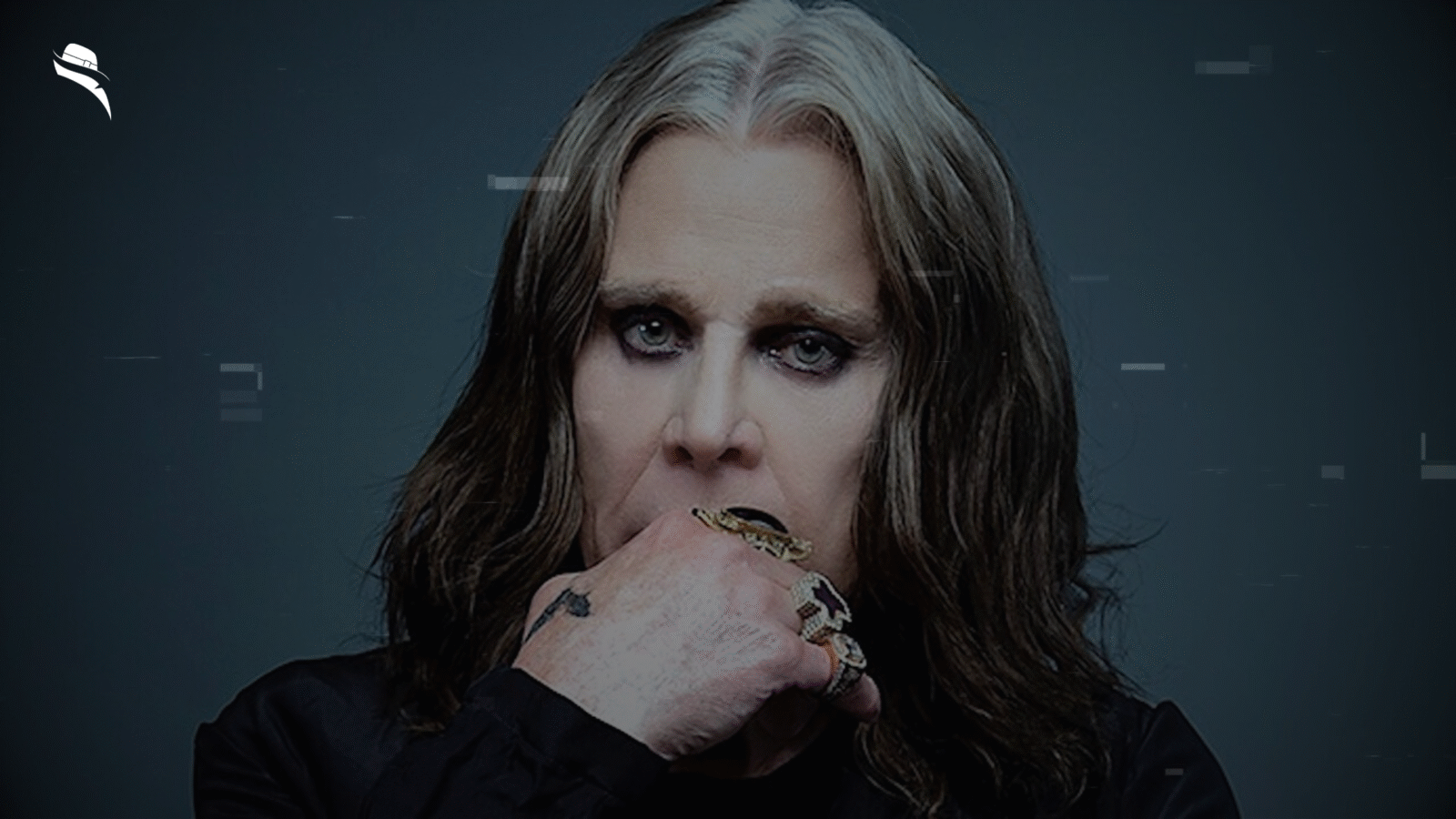
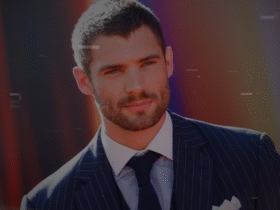
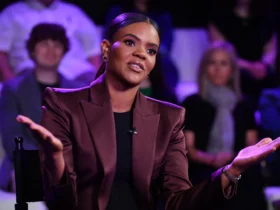
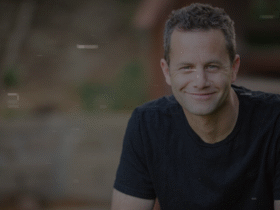

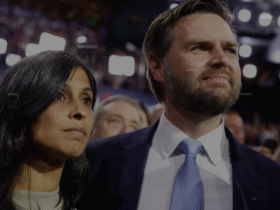
Leave a Reply